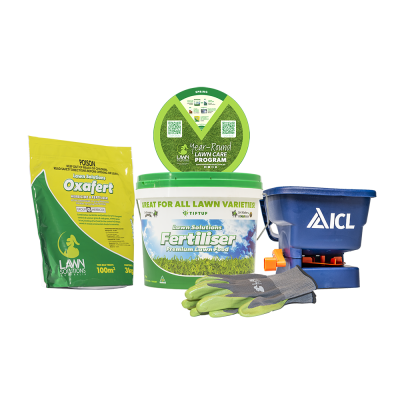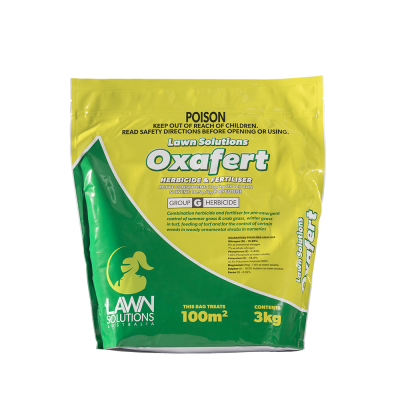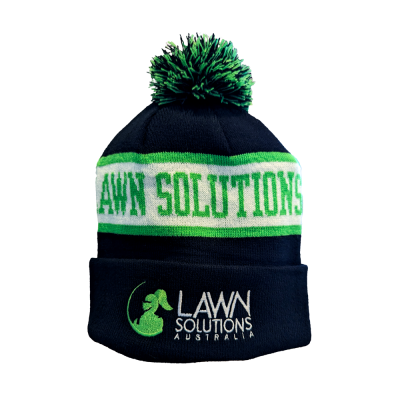Dew and frost are natural phenomena that occur on the surface of the earth. As a lawn owner, you may wonder what the effects of dew and frost on your lawn are and if you should be concerned. In this blog, we will explore the causes of dew and frost and their impact on your lawn.
Skip to: Does dew affect my lawn?, Does frost affect my lawn?
What is dew and frost?
Dew and frost on a lawn will form like condensation on a cup when cold water is poured in. Dew and frost can form on lawns as the temperatures drop overnight and the temperature of the grass cools down. When the grass becomes cool enough, the once warm air that surrounds the grass can cool also. When this happens, the water vapour in the air around the grass can no longer hold as much water, causing tiny water droplets to form on the grass. This is known as dew.
If the temperatures are cool enough (below freezing, 0 degrees Celsius), the water may turn into a solid (ice) and cause frost on the lawn.
FACT – Did you know that humid areas are more likely to experience dew? This is due to the air holding more moisture.
Does dew affect my lawn?
Now you might be asking yourself, does dew affect my lawn? No, dew won’t affect your lawn, and it will simply dry once the sun comes back up.
However, if your lawn has dew, we recommend waiting until it has dried to mow. While your lawn is wet with dew, the water droplets can cause the leaf blade to bend. If the lawn is mown when the leaf is bent, the mower can miss the leaf. Once the lawn dries, the leaf will stand back tall, resulting in an uneven look.
FACT – Did you know areas that need to be mown in the early morning like golf courses, will often brush off the dew before mowing?

Will frost affect my lawn?
Like dew, frost will dry with the morning sun. On warm-season grasses like buffalo, couch, zoysia and kikuyu, frost can cause discolouration and damage to the leaf blade of the grass.
Here are a few tips to help minimise the effect of frost on your lawn:
- Keep off the lawn whenever there is frost on it. This includes mowing. By walking across it, you are causing the blades to break and cause more damage.
- A light watering in the morning before the sun rises can help the frost on the lawn melt. By watering the lawn, the frost will melt quicker and more evenly. A very quick water of 30 seconds to a minute will do the job.

The health of your lawn is one of the most important factors in ensuring your turf can tolerate frosts. Using a fertiliser with increased iron before winter will help strengthen your lawn for the frosty months ahead.
If your lawn has become affected by frosts and you want to improve the colour of your lawn, why not use a lawn pigment like ColourGuard Plus to restore your lawns colour instantly!
For more lawn care tips and advice, make sure you check out our lawn care page here.



